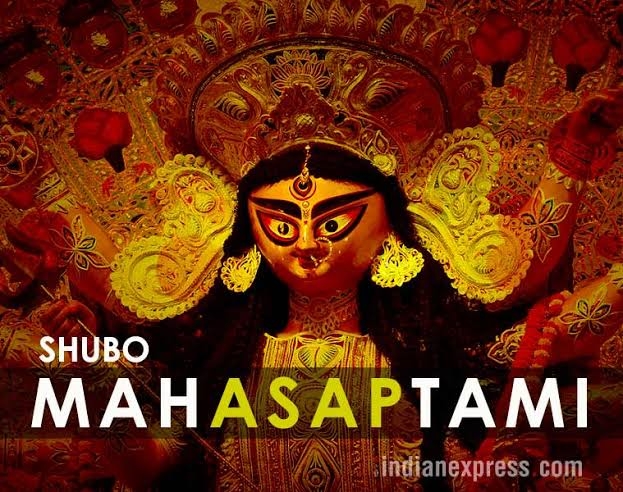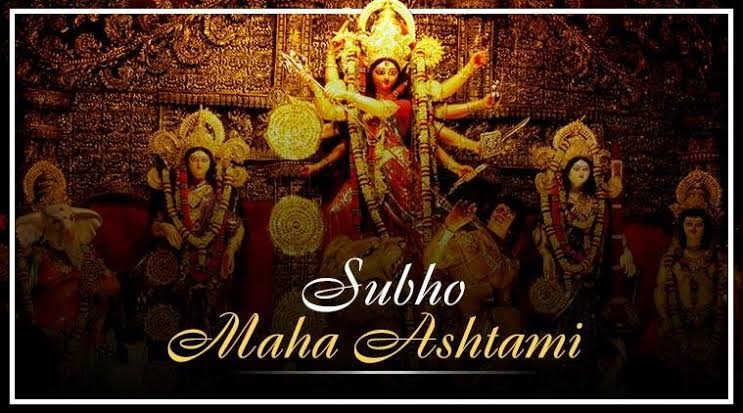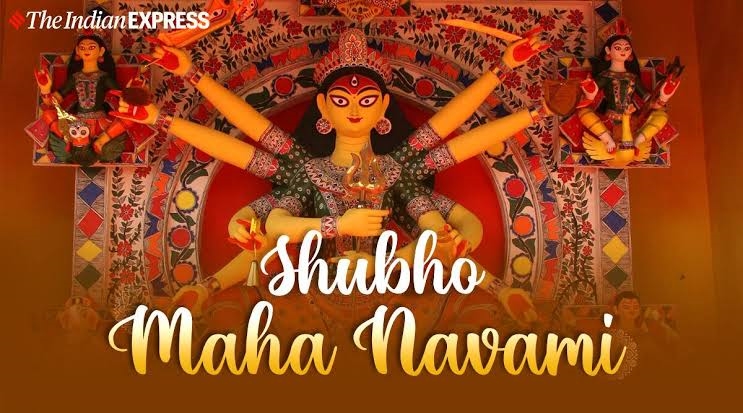Originally posted by: BrhannadaArmour
We are on a tangent to the topic now, but since I have been exhorted to counteract misspellings all over the internet singlehandedly, I will offer you this much.
There is no such word as karmaṇye or karmaya. The first word of the verse is कर्मणि = karmaṇi = in action, the locative declension of कर्मन् = karman = action, antonym of अकर्मणि = akarmaṇi = in inaction, the last word of the same verse. The sentence being कर्मणि + एव + अधिकारः + ते = karmaṇi + eva + adhikāraḥ + te, it should never be written कर्मण्ये वाधिकारस्ते = karmaṇye vādhikāraste because that splits the word eva.
By the way, when I wrote Karmaṇy ev'ādhikāro me, mā phaleṣu kadācana, it's an intentional adaptation of the quotation, not ignorance or a typo. I changed the second person singular genitive pronoun te to the first person singular genitive pronoun me, and changed the preceding saṃdhi accordingly, because I was accepting the advice for myself.
I think it's nice that you are studying Bhagavad-gītā, and wish you success.
If we go deeply into the religious discourses of several scholars and intellectuals on Bhagavad Gita, there are various interpretations and various features, since there are about 300 English translations of the Bhagavad Gita, so, there are many important differences among them!
And as Shankaracharya cautioned: Even quite learned people don’t know the right spiritual meaning of so many words now in popular use from the Sanskrit.
Just because a translator is fluent in both English and Sanskrit, does not guarantee the accuracy of the syntax and translations of this highly respected Hindu Philosophical text.
First, a verse is given in the original Sanskrit Devanāgarī script. Then the same verse is shown in transliteration. That is followed by English dictionary definition for each Sanskrit word.
Every translator follows the same process, but no one is permitted to interpret it in accordance with his or her own preferences!
The premise of the problem you are raising is beyond my comprehension.
If this is only about the grammatical correctness of the Sanskrit verse in the question, no, it is not correct. It has been split incorrectly.
The proper form would be---
‘karmaṇyevādhikāraste mā phaleṣu kadācana'.
If individual words are to be split, it would be:
karmaṇi eva adhikāraḥ te mā phaleṣu kadācana.
Even kadācana can be split as kadā ca na (not at anytime), but it has been construed and used as a single word in Sanskrit for long.
That is as far as Sanskrit grammar is concerned.
If it is about the philosophical correctness of applying the statement to the situation mentioned in the question, then that would be a whole different story and I would not agree with it.
Reiterating that it is a festive celebration thread, let's focus on the positive vibes rather than fussing on the minutiae.
Sorry friends, for my long post😊, he asked and I've answered, let us greet each other with festive zest now.




























comment:
p_commentcount